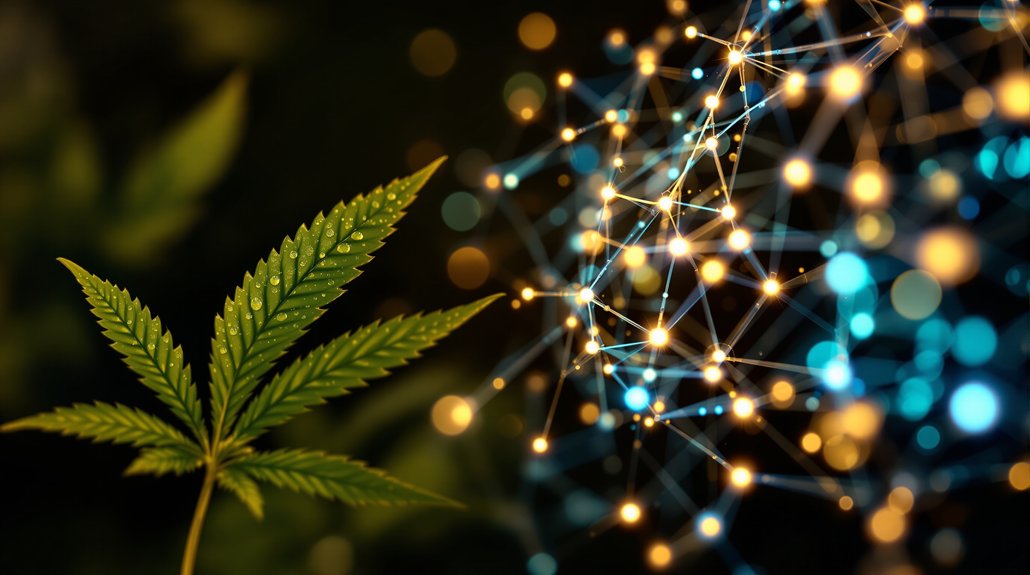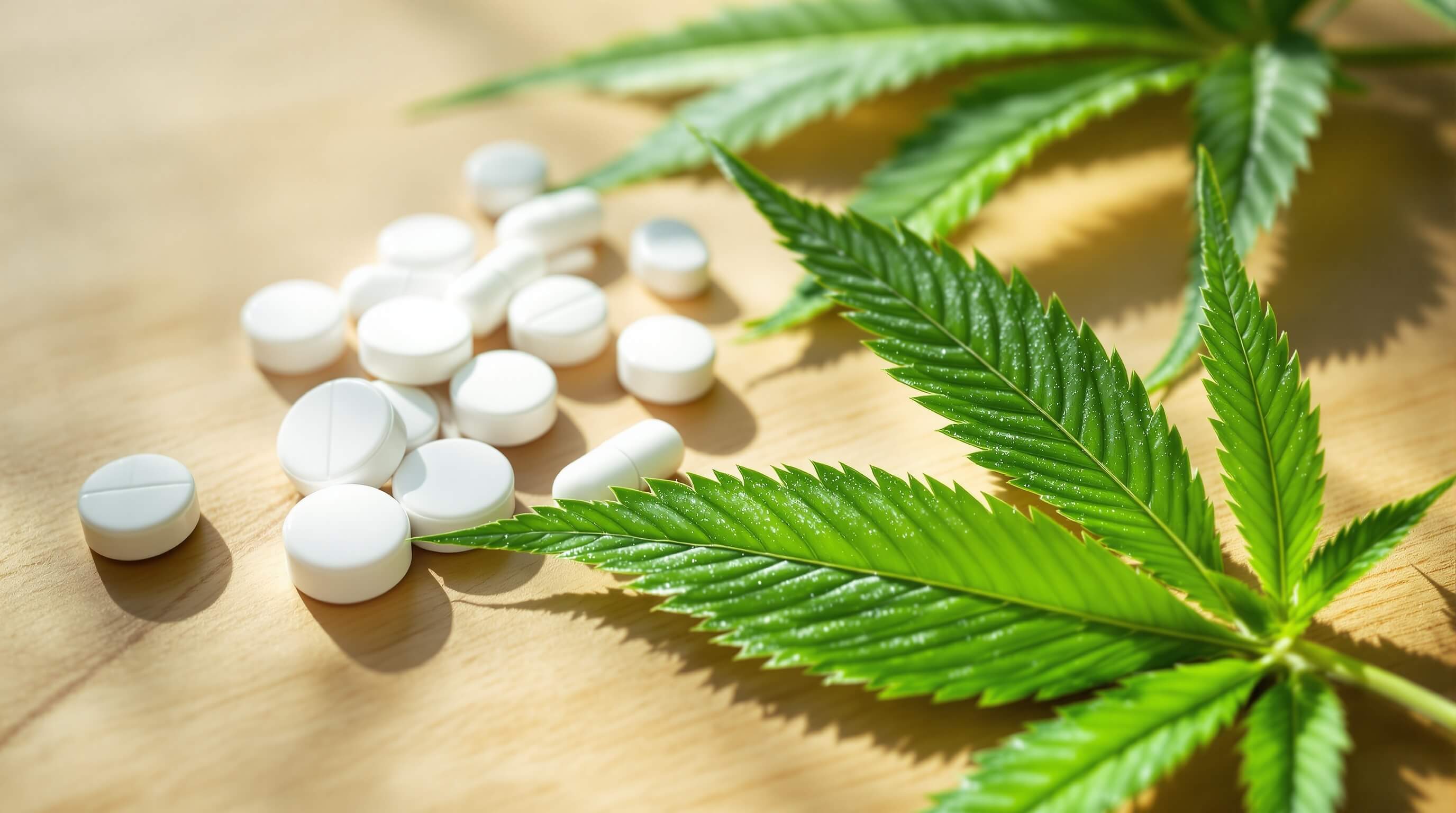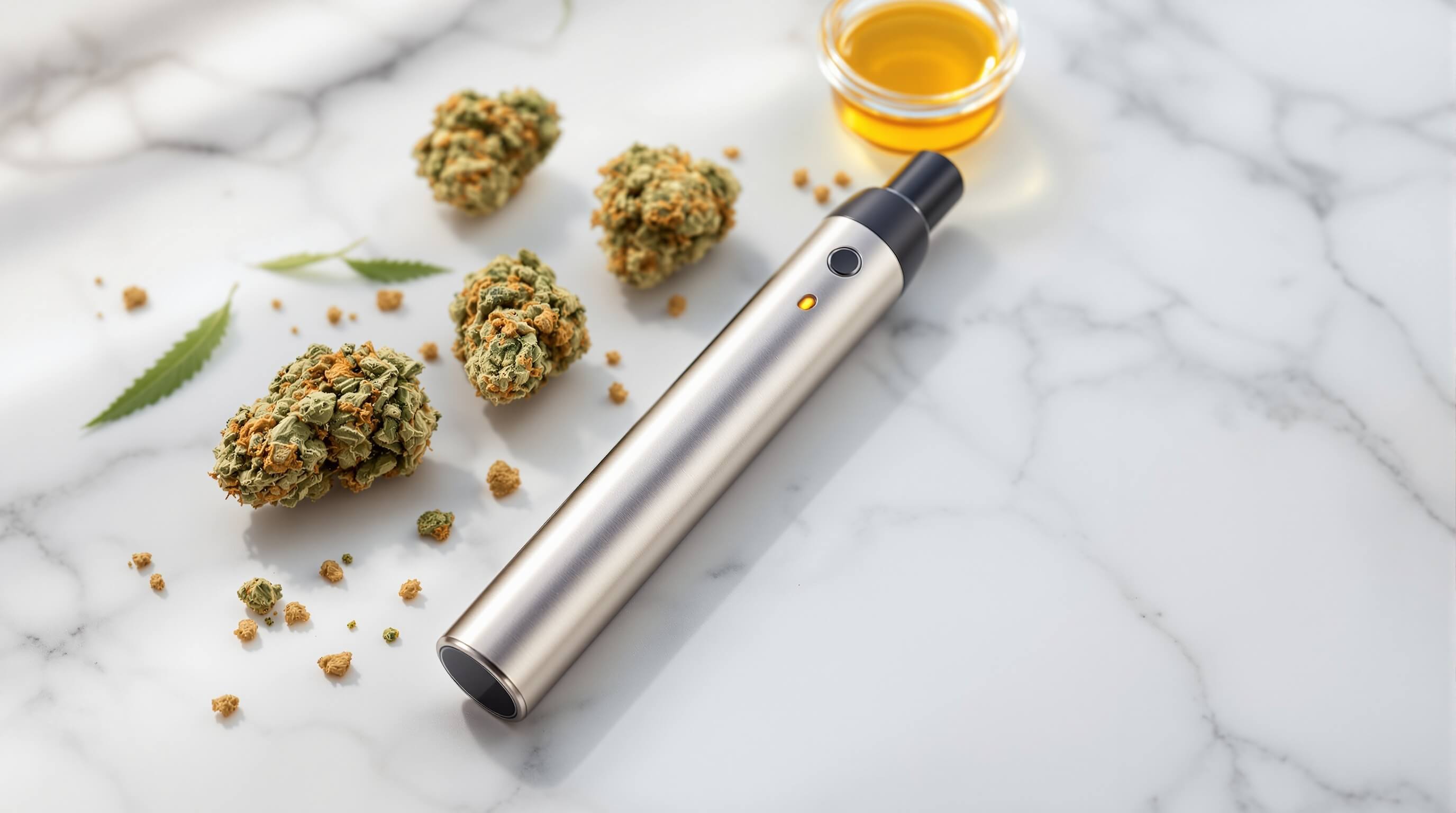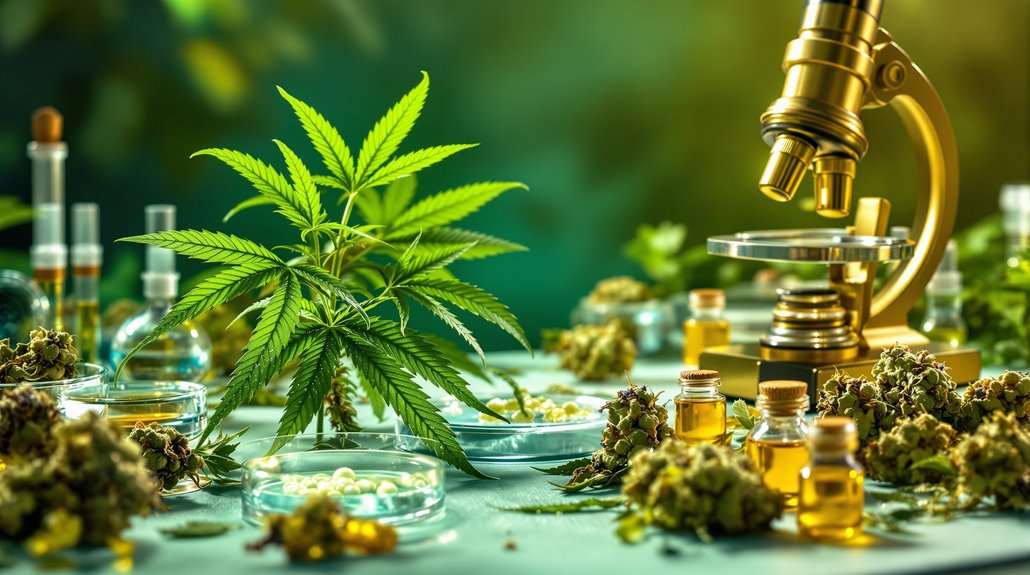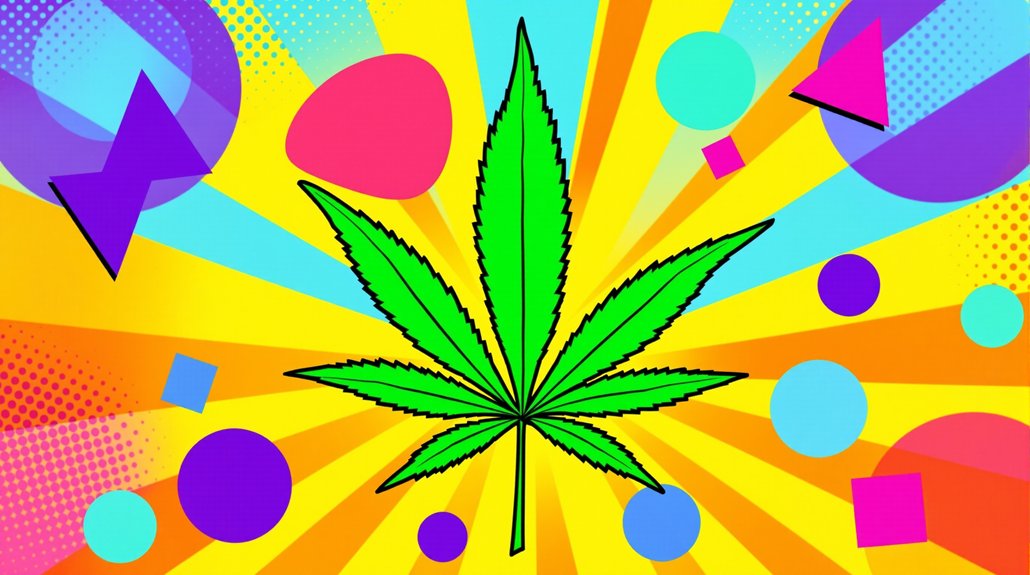While millions struggle with the lasting effects of social stress on their brains, emerging research suggests cannabidiol (CBD) may offer a pathway to reverse these neurological changes. Scientists have discovered that chronic social stress fundamentally rewires neural circuits, reducing serotonin transporter expression in the dorsal raphe nucleus and decreasing pivotal CB1 and CB2 cannabinoid receptor levels in the hippocampus. The damage runs deeper than surface anxiety, it’s molecular.
Animal studies reveal CBD’s remarkable ability to essentially hit the neurological reset button. Stressed mice treated with CBD showed restored social interaction behaviors and reduced withdrawal symptoms that typically drive addictive drug preferences. The compound doesn’t just mask symptoms; it appears to repair the underlying molecular machinery damaged by stress. Higher CBD doses successfully restored serotonin transporter levels, though researchers discovered a catch, lower doses sometimes made the reduction worse, highlighting the importance of proper dosing.
Human brain imaging studies provide compelling evidence of CBD’s targeted effects on stress-processing regions. Perhaps most intriguingly, CBD disrupted the problematic connectivity between the left amygdala and anterior cingulate cortex, two regions that become hyperconnected during chronic stress states.
The mechanisms behind CBD’s stress-busting effects involve multiple neural pathways simultaneously. CBD modulates serotonin 1A receptors while indirectly influencing CB1 receptors, creating a cascade of positive changes throughout endocannabinoid, opioid, serotonergic, and adenosine transmission systems. The compound helps the brain grow new connections while reducing harmful glial reactivity. This regulation occurs through CBD’s ability to modulate voltage-gated sodium channels, which directly influences neuronal excitability and synaptic function.
Clinical evidence supports laboratory findings, though with important caveats. Small randomized controlled trials demonstrate CBD’s superior anxiolytic effects compared to placebo for anxiety disorders. Retrospective studies show lower doses of 18-25 milligrams provide benefits for both anxiety and sleep issues. Individuals with diagnosed mental disorders increasingly turn to CBD for additional support, even while taking prescription psychiatric medications. Notably, CBD’s anti-inflammatory effects may contribute to its stress-protective benefits by reducing neuroinflammation associated with chronic stress exposure. Unlike microdosing psychedelics, CBD presents fewer drug interaction concerns with common psychiatric medications, though consultation with healthcare providers remains essential.
The dosing puzzle remains critical, CBD follows a bell-shaped dose-response curve where intermediate doses prove most effective. Too little provides minimal benefit, while excessive amounts can paradoxically increase anxiety. This isn’t your typical “more is better” scenario.
Current human studies, while promising, remain preliminary and limited in scope. Most evidence comes from animal models, leaving questions about long-term effects and optimal dosing protocols in humans. Real-world usage patterns show people primarily seek CBD for stress, anxiety, sleep, and mood improvement, exactly the areas where research shows the strongest neurological effects.
The scientific picture suggests CBD doesn’t merely treat stress symptoms but may actually reverse molecular changes caused by social stress. Whether this translates to lasting neurological recovery in humans awaits larger clinical trials and long-term studies.
